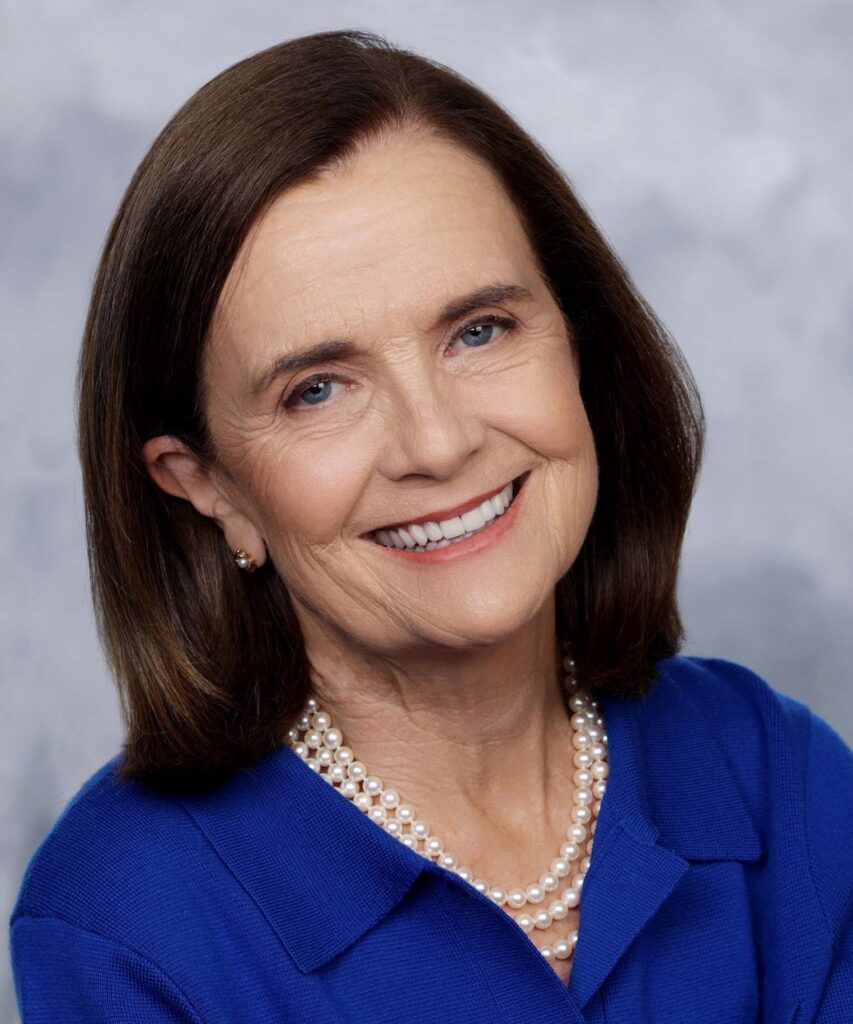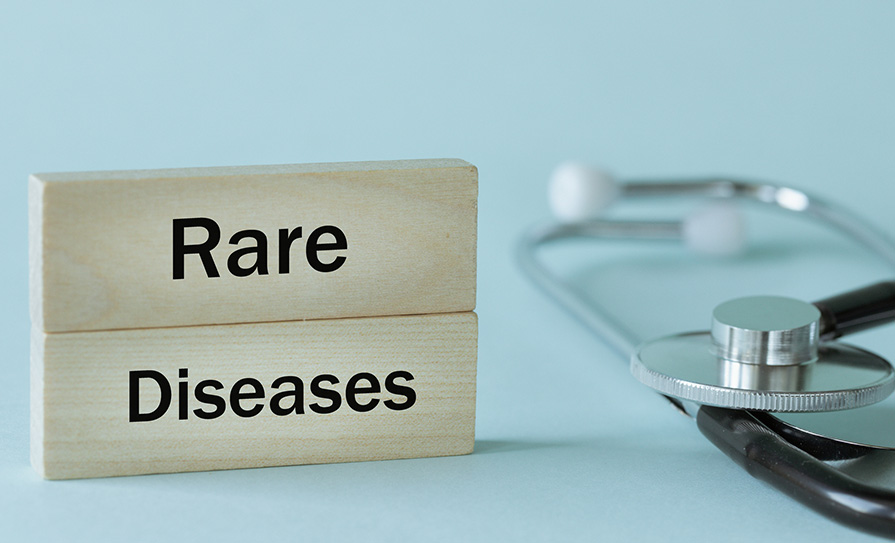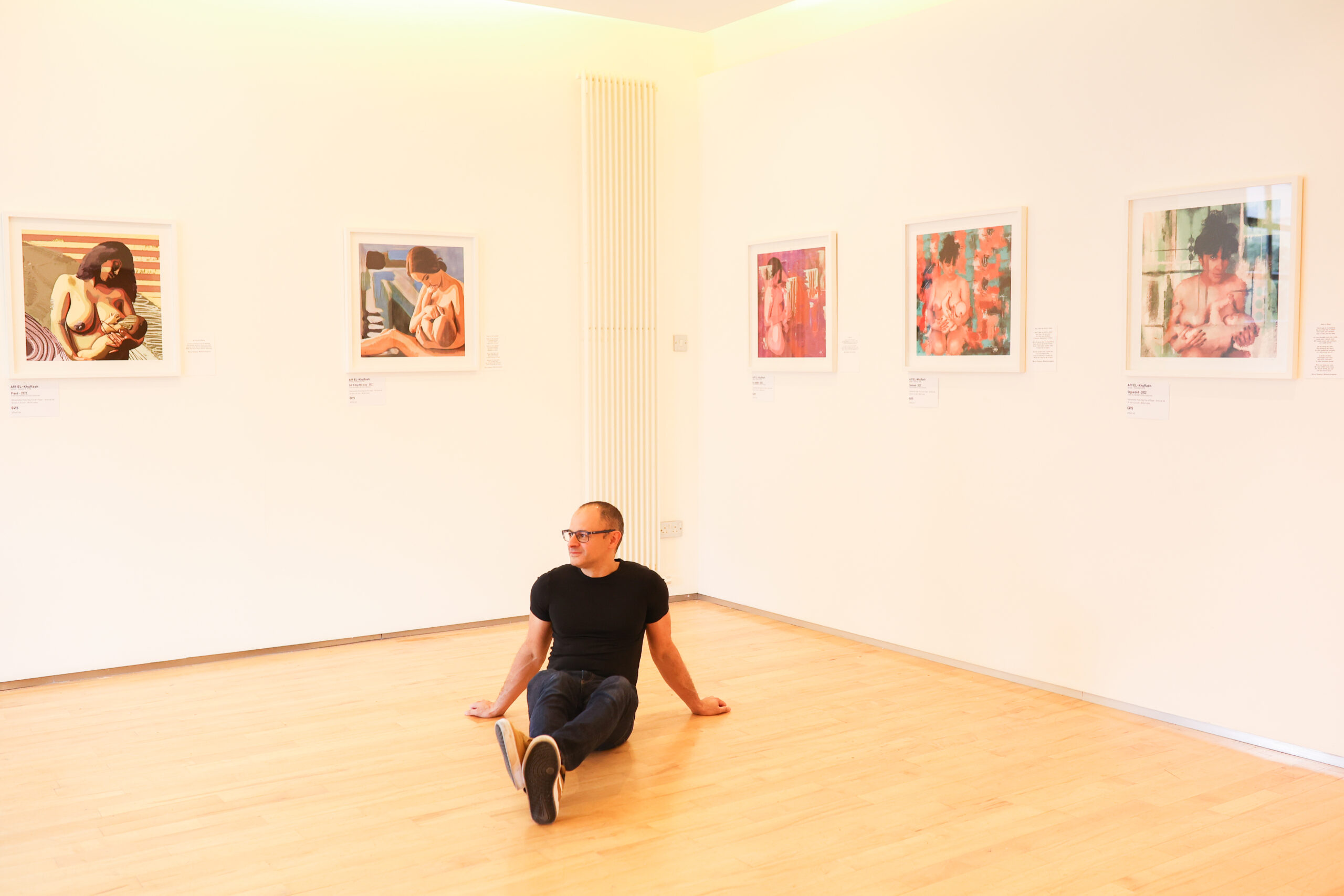Prof Geraldine McCarthy was recently awarded the designation of Master of the American College of Rheumatology. She speaks to Niamh Cahill about her career and the specialty

Prof Geraldine McCarthy perhaps has fate to thank for her long career in rheumatology. While training in the US in the 1980s, Prof McCarthy was fortunate to be tutored by a world-class expert in the specialty, which inspired her move into the area.
Speaking to the Medical Independent (MI), Prof McCarthy recalled that prior to going to the US, she had worked in various specialties as a registrar, including rheumatology. She had spent six months working in the specialty as an SHO in Dublin. However, her early impressions were not very positive.
“I didn’t particularly like it,” she admitted.
“Because we didn’t have great drugs, for example. We didn’t even have proper treatments then for osteoporosis.”
Prof McCarthy said the plan to relocate to the US was due to the lack of training pathways in Ireland.
“So, my husband and I decided we needed to travel, which back then a lot of people did if they wanted to be a consultant.
She was based in the Medical College of Wisconsin, Milwaukee, which had an extremely strong rheumatology department.
“There was a particular individual called Dan McCarty, who was a kind of guru. He was Chair of the department of medicine and a practising rheumatologist. He needed someone with a bit of experience generally, which I had, to work with him. So he trained me and I did a Fellowship. I was very lucky. He was such a giant of rheumatology. So I came across rheumatology by accident…. I was in the right place at the right time.”
Prof McCarthy has no regrets about her career path and stressed to MI how much rheumatology has developed since her time as an SHO.
“It’s a very exciting specialty.”
Research
Prof McCarthy’s acquired passion for rheumatology developed alongside a keen interest in research under the guidance of her tutor. Ever since her time in the US, research has been a central feature of her work.
“The place I trained was a very research-interested department. Not only were we trained clinically, but it was mandatory to embark on a research programme. I didn’t have a particular interest in research before I joined that department and then I really got stuck in so that when I arrived back in Ireland I was hooked. I’ve always done research since then,” she said.
Prof McCarthy received her Fellowship in rheumatology at Wisconsin where her interest in calcium crystal deposition diseases was fostered. She was promoted to Associate Professor of Medicine at the College in 1996 and remained there until her return to Dublin.
Prof McCarthy was appointed Consultant in Rheumatology at the Mater Misericordiae University Hospital, Dublin, and National Orthopaedic Hospital, Cappagh, in 1999. She continues to run a busy clinical practice and research programme across the two Dublin sites.
She also teaches as part of the University College Dublin Faculty of Medicine, where she was the first clinician to be appointed Full Clinical Professor of Medicine through the University’s clinical pathway in 2009.
“It is my belief that research makes the job so much more interesting,” she said.
“Being involved in research attracts better trainees because they are trying to develop their career. They will want to go somewhere where research is happening so that they will have opportunities to do something to put on their CVs.”
However, Prof McCarthy has serious concerns about how the data protection laws are having a negative impact on research.
For example, she said the EU General Data Protection Regulation (GDPR) has had a huge effect on her work as a researcher in recent years. “I’m not sure what the solution is. I can see why GDPR is important. But we’ve gone too far in the other direction and we need to come back to a happy medium.”
Award
Now, 35 years after her move to the US, Prof McCarthy has received the highest honour that the American College of Rheumatology (ACR) can bestow – the designation of ACR Master.
Prof McCarthy was one of 25 people recognised as an ACR Master at the College’s annual Convergence meeting in San Diego last November. She is the first Irish woman working in Ireland to win the award.
The honour comes following many recent achievements in the field. In 2021, she received the RCPI Institute of Medicine Bryan Alton Medal in recognition of her contribution to clinical and academic medicine. The following year she received a Lifetime Achievement award from the Gout, Hyperuricaemia, and Crystal-Associated Disease Network (G-CAN).
Attractive specialty
However, Prof McCarthy, who has authored more than 170 publications, was more eager to talk to MI about the specialty itself than the latest award. She is particularly keen to highlight rheumatology’s attractiveness as an area of specialisation to young doctors.
“Awards come and go, but the specialty is going to stay,” she said.
“Those who become aware of rheumatology early are interested in it. There is a slow increase in interest. If somebody is doing basic specialist training there are certain specialties they must rotate through, such as cardiology and respiratory. Rheumatology is more of an elective one. They don’t have to do it. Some will end up on it just by chance. And some will end up on it because they’re interested in it…. I think more exposure and awareness is what we need.”
Awareness in the field is of particular importance, Prof McCarthy explained. Despite an increase in consultant numbers in recent years, there is currently a lack of rheumatologists in both public and private practice in the Irish health service.
“There has been quite a good increase in recent years, but we still need a lot more. The waiting lists, even in private practice, are too long.”
With a shortage of specialists to contend with, the Mater’s rheumatology department has set up a pathway to help people in severe pain, according to Prof McCarthy.
It is my belief that research makes the job so much more interesting
“With inflammatory arthritis, the earlier we put the fire out the better people do,” she explained.
“There’s no point in somebody struggling for three months before they get treated. The other thing we want to do is maintain people in the workplace because it’s so devastating for people who get arthritis. If they don’t get treatment, they can’t work.”
‘Hot joint’ pathway
In 2023, Prof McCarthy also helped establish a ‘hot joint’ pathway at the hospital’s emergency department. The initiative occurred after an audit suggested that a number of patients had been unnecessarily admitted to the hospital with a presumed septic joint.
These patients actually had acute calcium pyrophosphate (CPP) arthritis, a common manifestation of CPP deposition disease (CPPD). The disease is a crystal deposition arthropathy involving the joint.
Prof McCarthy explained that patients with CPPD do not require admission to hospital or antibiotic therapy. Instead, these patients can be treated with drugs such as non-steroidal anti-inflammatory drugs, colchicine or intra-articular steroids.
A confidential messaging group was established for doctors at the Mater for the new pathway. Members of the group post if they suspect a patient has CPPD.
“We look under our microscope right away to see if the crystals are there or not, so they can make a firm clinical decision immediately.”
The pathway appears to be having a positive patient impact and will be audited in the coming months, she said.
Future
Most of Prof McCarthy’s current research work is collaborative. She works with colleagues in the US, Australia, the UK, and Ireland on various medical studies.
In the future, she hopes to continue to “facilitate people coming up behind me”.
Prof McCarthy strongly believes that “rheumatology is one of medicine’s best kept secrets”.
“For people who want an interesting career, and good quality-of-life, it is possible with the specialty. People are more aware of work/life balance and you can have it with rheumatology. The rheumatology community generally are very cordial, nice people.”













Leave a Reply
You must be logged in to post a comment.